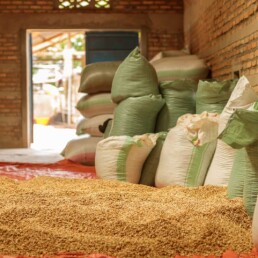
Agriculture and Rural Development
Promoting sustainable livelihoods and socio-economic development in the Ruvuma River Basin is crucial for improving the well-being of local communities and ensuring long-term resilience.
Agriculture is a significant livelihood activity in the Ruvuma Basin, supporting the majority of the population. Promoting sustainable agricultural practices, including agroecology, efficient irrigation, and diversification of crops, can enhance productivity, food security, and income generation for farmers. Access to credit, markets, and agricultural extension services are also important for supporting rural development.
Small-Scale Fisheries
The Ruvuma Basin includes rivers and lakes that support small-scale fisheries, providing livelihoods and food security to local communities.
Supporting sustainable fisheries management practices, improving access to fishing resources, and promoting value-added activities such as fish processing can enhance the socio-economic development of fishing communities.


Alternative Livelihoods
Encouraging diversification of livelihoods can reduce dependence on a single sector and enhance community resilience.
This may involve promoting non-agricultural income-generating activities such as tourism, eco-lodges, handicrafts, and sustainable natural resource-based enterprises. Training and capacity-building programs can support the development of skills and entrepreneurship in these sectors.
Access to Water and Sanitation
Ensuring access to clean and safe water and adequate sanitation facilities is vital for community health, dignity, and socio-economic development.
Investing in water supply infrastructure, improving sanitation facilities, and promoting hygiene practices contribute to improved living conditions and human well-being in the Ruvuma Basin.
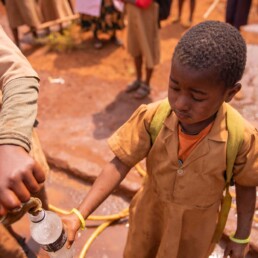
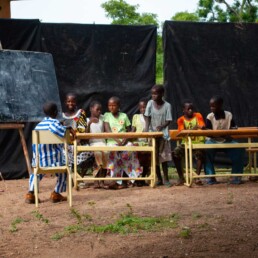
Education and Skills Development
Enhancing access to quality education and skills development opportunities empowers individuals and communities.
Promoting education and vocational training programs that align with local needs can enhance employability, entrepreneurship, and the overall socio-economic development of the basin.
Infrastructure Development
Adequate infrastructure, such as roads, bridges, and energy supply, is essential for socio-economic development in the Ruvuma Basin.
Developing and improving infrastructure networks facilitates market access, trade, and connectivity, stimulating economic activities and fostering inclusive growth.
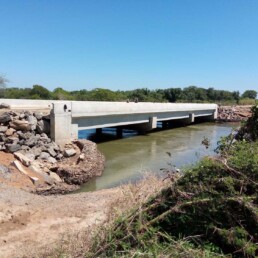
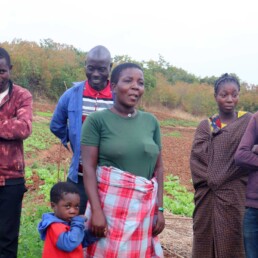
Community Empowerment and Participation
Engaging local communities in decision-making processes, planning, and implementation of development projects is vital.
Participatory approaches ensure that community voices are heard, priorities are addressed, and ownership of development initiatives is fostered. Strengthening local institutions and promoting inclusive governance structures contribute to sustainable livelihoods and socio-economic development.
Gender Equality and Social Inclusion
Promoting gender equality and social inclusion is fundamental for sustainable development.
Recognizing and addressing the specific needs, roles, and contributions of women, youth, and marginalized groups in the Ruvuma Basin ensures their meaningful participation and equitable access to resources and opportunities.
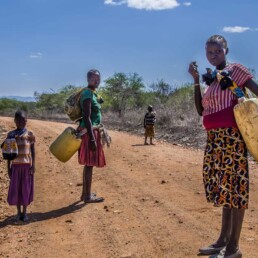
Resources
Lorem ipsum dolor sit amet, consectetur adipiscing elit, sed do eiusmod tempor incididunt ut labore et dolore magna aliqua.
